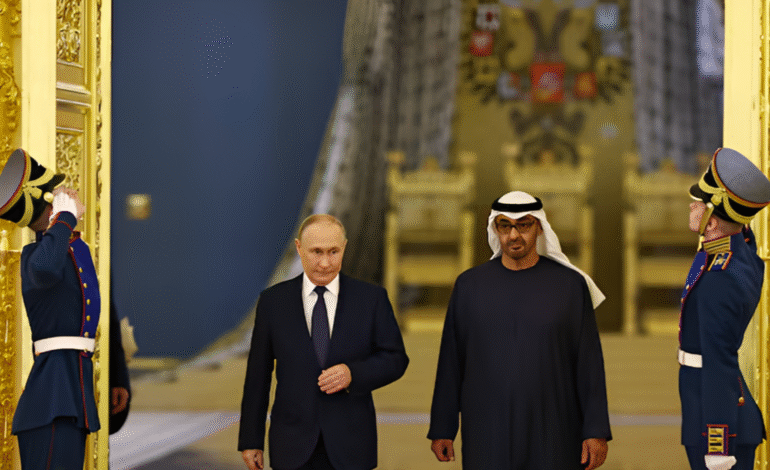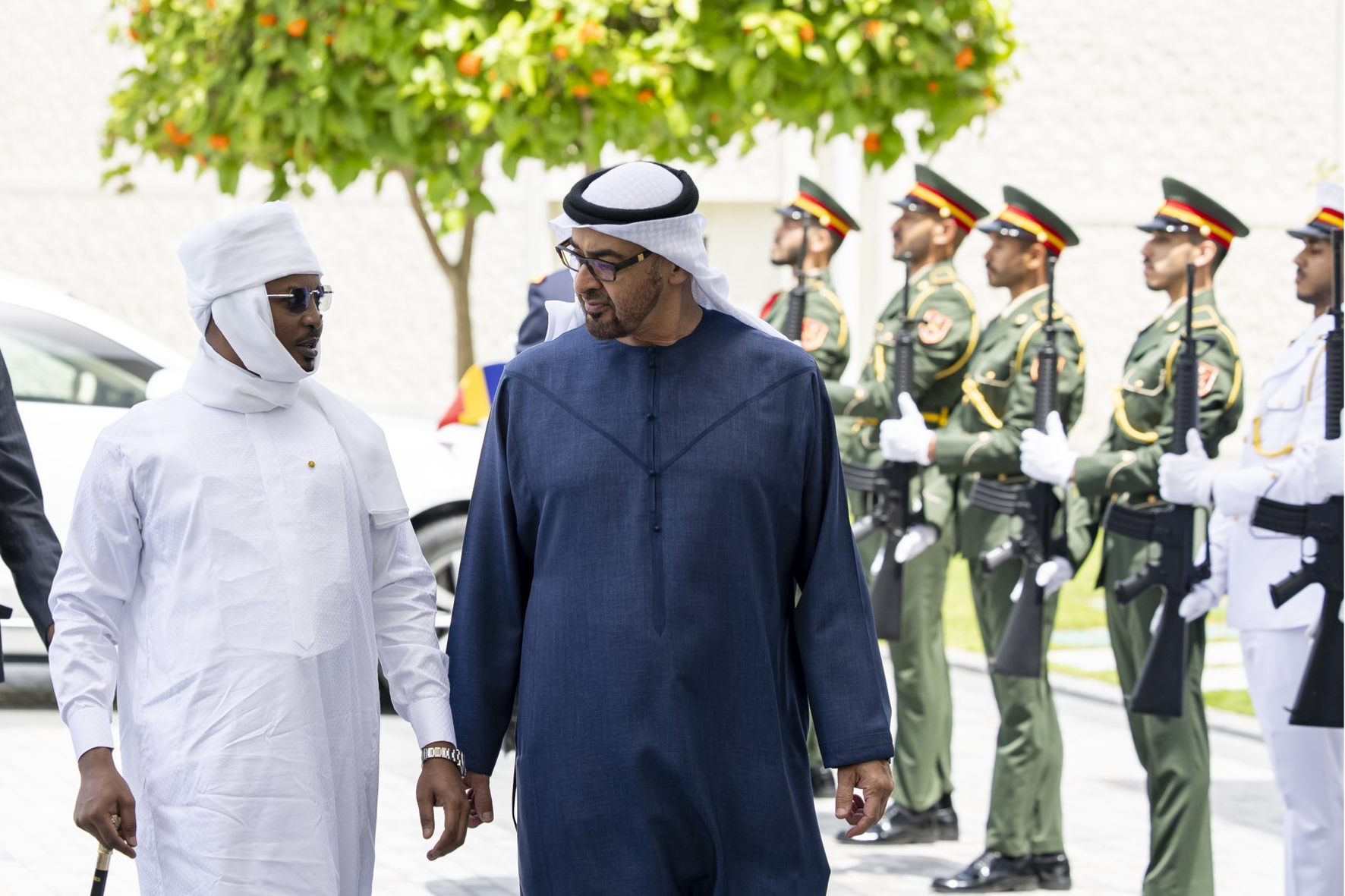UAE Leads Successful Captive Exchange Between Russia and Ukraine

UAE’s Growing Diplomatic Role in Global Conflict Mediation
In an increasingly polarized world, the United Arab Emirates (UAE) has steadily emerged as a pivotal player in international diplomacy. Most recently, the UAE successfully brokered a major exchange of war captives between the Russian Federation and the Republic of Ukraine. This latest effort, involving the return of 205 captives to each country, not only reflects the Emirates’ persistent humanitarian advocacy but also underscores its stature as a neutral mediator in one of the world’s most complex and volatile conflicts.
The announcement from the UAE’s Ministry of Foreign Affairs (MoFA) marks the fifteenth such exchange coordinated through the country’s mediation. In total, 4,181 captives have now been exchanged with the UAE’s involvement, illustrating the country’s consistent and effective approach in facilitating constructive dialogue between opposing sides. The ministry’s statements highlight both nations’ trust in the UAE’s mediation, reinforcing the importance of diplomatic interventions aimed at conflict de-escalation and humanitarian relief.
Historical Context of the Conflict and the Role of Captive Exchanges
Since the conflict between Russia and Ukraine escalated into full-scale war in 2022, thousands of soldiers and civilians have been captured, wounded, or displaced. Captive exchanges have become a critical component of negotiations, offering rare glimpses of cooperation between the two warring nations. These exchanges serve not only as confidence-building measures but also as tangible steps toward easing the humanitarian toll of the war.
Throughout the conflict, various international actors have attempted to mediate ceasefires, humanitarian corridors, and prisoner swaps, but few have enjoyed repeated success. The UAE’s repeated involvement in facilitating exchanges indicates its growing leverage and neutrality, attributes often missing in a deeply divided global political landscape.
Details of the Latest Exchange: A Balanced Humanitarian Gesture
According to the MoFA, the latest exchange involved 205 Ukrainian captives and an equal number of Russian captives. This symmetrical exchange reflects a diplomatic balancing act that avoids favoring either side while prioritizing humanitarian outcomes. The announcement did not provide specific identities of the captives or the precise logistics of the exchange, likely due to the sensitive nature of such operations. However, the equal numbers suggest careful planning and diplomatic coordination, hallmarks of the UAE’s strategic foreign policy.
This development follows a consistent pattern in which the UAE has used its neutral stance and good relations with both Moscow and Kyiv to act as a credible intermediary. The country’s diplomatic corps, with guidance from the MoFA, has worked behind the scenes to facilitate discussions, promote trust, and oversee the actual transfer of captives.
Humanitarian Impact and Political Significance
Beyond the numbers, each exchanged individual represents a family reuniting, a trauma being soothed, and a life potentially being rebuilt. For the captives, their return marks the end of a harrowing chapter. For the countries involved, each successful swap symbolizes an opportunity—albeit a small one—for further diplomatic engagement.
The UAE’s mediation not only helps reduce immediate human suffering but also positions the country as a responsible global actor. This aligns with its broader foreign policy goals, which include promoting regional stability, expanding its diplomatic reach, and projecting soft power through humanitarian and peacebuilding initiatives.
Moreover, the latest exchange comes at a time when global attention is waning and the human cost of the conflict continues to rise. By stepping into this vacuum, the UAE is not only highlighting the ongoing crisis but also offering a practical path toward incremental peace-building.
International Reactions and Media Coverage
The international community has largely welcomed the UAE’s mediation efforts. Analysts have pointed out that while the UAE is not traditionally known as a conflict resolution hub for European or Eurasian affairs, its track record in recent years—ranging from regional peace deals to global climate diplomacy—has made it a trusted broker.
Media outlets across Europe, the Middle East, and beyond have reported on the exchange, with many highlighting the UAE’s unique positioning and balanced foreign policy. The balanced reporting from state and independent media organizations reflects a recognition of the UAE’s role as a facilitator rather than an instigator or biased actor.
While the broader conflict continues to rage, this successful captive exchange provides a momentary pause and a sliver of hope—a demonstration that diplomacy can still yield results even in the most intractable conflicts.
The Road Ahead: UAE’s Commitment to Peaceful Solutions
In its official statement, the UAE Ministry of Foreign Affairs emphasized that this latest success is a direct outcome of the “distinguished ties” the country enjoys with both Russia and Ukraine. These relationships have been nurtured over years of economic, cultural, and political engagement, which now pay dividends in the realm of conflict mediation.
Furthermore, the Ministry reaffirmed the country’s commitment to continuing its efforts aimed at finding a peaceful resolution to the war in Ukraine. This includes mitigating the humanitarian impact of the conflict, particularly as it affects captives, refugees, and civilians in war-affected areas. The Ministry’s statement emphasized the UAE’s dedication to ensuring the success of all efforts aimed at reducing human suffering and promoting constructive dialogue.
This proactive stance not only enhances the UAE’s international profile but also contributes to the broader global effort to resolve ongoing conflicts through diplomatic channels rather than military escalation.
Diplomatic Landscape: Why the UAE is a Trusted Mediator
The UAE’s unique geopolitical position allows it to maintain cordial relations with both Western powers and Eastern allies, including Russia and China. This balanced foreign policy, coupled with significant economic clout and a reputation for discretion, makes it an ideal candidate for mediation.
Its consistent engagement in humanitarian efforts, peace deals, and global development projects further enhances its credibility. The country’s leadership has repeatedly emphasized diplomacy, conflict prevention, and multilateralism as key tenets of its international policy.
Such a stance enables the UAE to fill diplomatic gaps left by other actors who may be seen as too partisan or self-interested. In the case of Russia and Ukraine, where trust deficits are enormous and stakes are existential, the Emirates’ neutrality offers a rare bridge.







